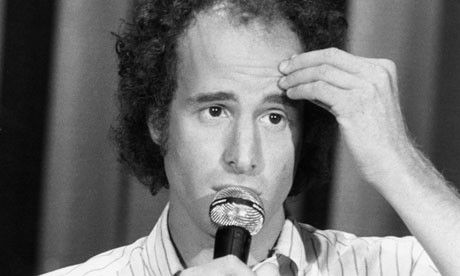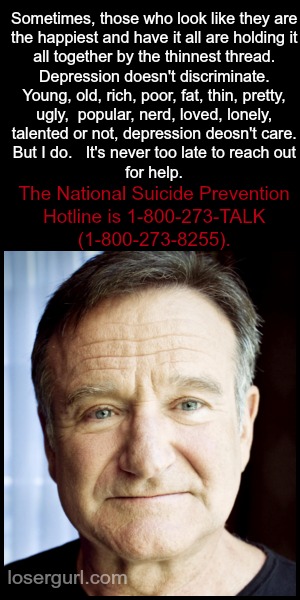BroadwayVik
Active member
And it shows. A new report ranked Portland-Vancouver for the highest rate of depression in the nation.

Many from the area live in denial about depression. According to WalletHub, an online clearinghouse for financial advice and quality-of-life studies, Portland-Vancouver has the highest rates of depression among the 150 largest cities in the country.
WalletHub used 30 metrics to evaluate each city "ranging from depression rate to income-growth rate to average leisure time spent per day." Figures were drawn from the Bureau of Labor Statistics, the Centers for Disease Control and Prevention and several others sources.
Those metrics were then divided into three key dimensions with weighted scores. The first category, "Emotional and Physical Well-Being," accounted for 50 percent of the score. The second and third, "Income and Employment" as well as "Community and Environment," each accounted for 25 percent.
The state of Oregon isn't in great shape to deal with depression, either. An assessment last year from Mental Health America found the state ranked 49th out of 50 in terms of access to mental health care.
Oregon thus ranked next to dead last for people with mental health concerns, the report found. For those suffering from mental health issues, there is but one state in the country that is worse than Oregon for finding help.
Characteristic of its low ranking, Oregon has crisis hotlines only for young people, military members and those contemplating suicide. That's it.

Oregon DHS attitude: We don't do that! Just die, okay?

Many from the area live in denial about depression. According to WalletHub, an online clearinghouse for financial advice and quality-of-life studies, Portland-Vancouver has the highest rates of depression among the 150 largest cities in the country.
WalletHub used 30 metrics to evaluate each city "ranging from depression rate to income-growth rate to average leisure time spent per day." Figures were drawn from the Bureau of Labor Statistics, the Centers for Disease Control and Prevention and several others sources.
Those metrics were then divided into three key dimensions with weighted scores. The first category, "Emotional and Physical Well-Being," accounted for 50 percent of the score. The second and third, "Income and Employment" as well as "Community and Environment," each accounted for 25 percent.
The state of Oregon isn't in great shape to deal with depression, either. An assessment last year from Mental Health America found the state ranked 49th out of 50 in terms of access to mental health care.
Oregon thus ranked next to dead last for people with mental health concerns, the report found. For those suffering from mental health issues, there is but one state in the country that is worse than Oregon for finding help.
Characteristic of its low ranking, Oregon has crisis hotlines only for young people, military members and those contemplating suicide. That's it.

Oregon DHS attitude: We don't do that! Just die, okay?













